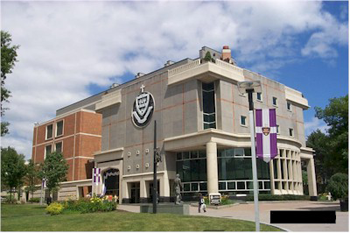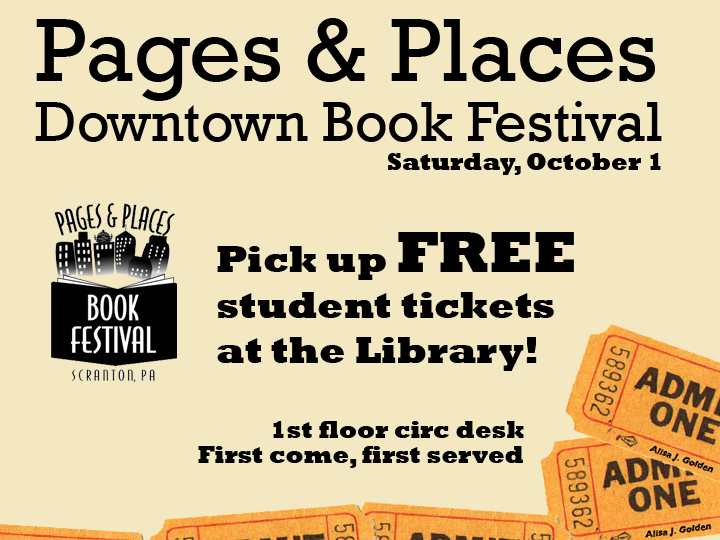
Ricky Ritzel, internationally renowned raconteur and cabaret artist, will tell tales of “The Genre and its Place in the History of American Music” from his perch at the keyboard. His focus will be on the songwriters featured in the library’s current exhibit, “A Fine Romance: Jewish Songwriters, American Songs, 1910-1965.”
Tuesday, October 11, 6-7:30 P.M.
Heritage Room– 5th floor of the library
The event is free and open to the public.
Visit Current Exhibits at the Library to find out more.
To RSVP and for further information, contact Michael Knies at 570-941-6341 or kniesm2@scranton.edu
“A Fine Romance” is visiting 55 sites throughout the U.S. in 2011-2012. It was curated by David Lehman and developed by Nextbook, Inc., a nonprofit organization dedicated to supporting Jewish literature, culture, and ideas, and the American Library Association Public Programs Office. The national tour of the exhibit has been made possible by the Charles H. Revson Foundation, the Righteous Persons Foundation, the David Berg Foundation, an anonymous donor, and Tablet: A New Read on Jewish Life. A Fine Romance: Jewish Songwriters, American Songs is also a book by David Lehman, published by Nextbook/Schocken.












